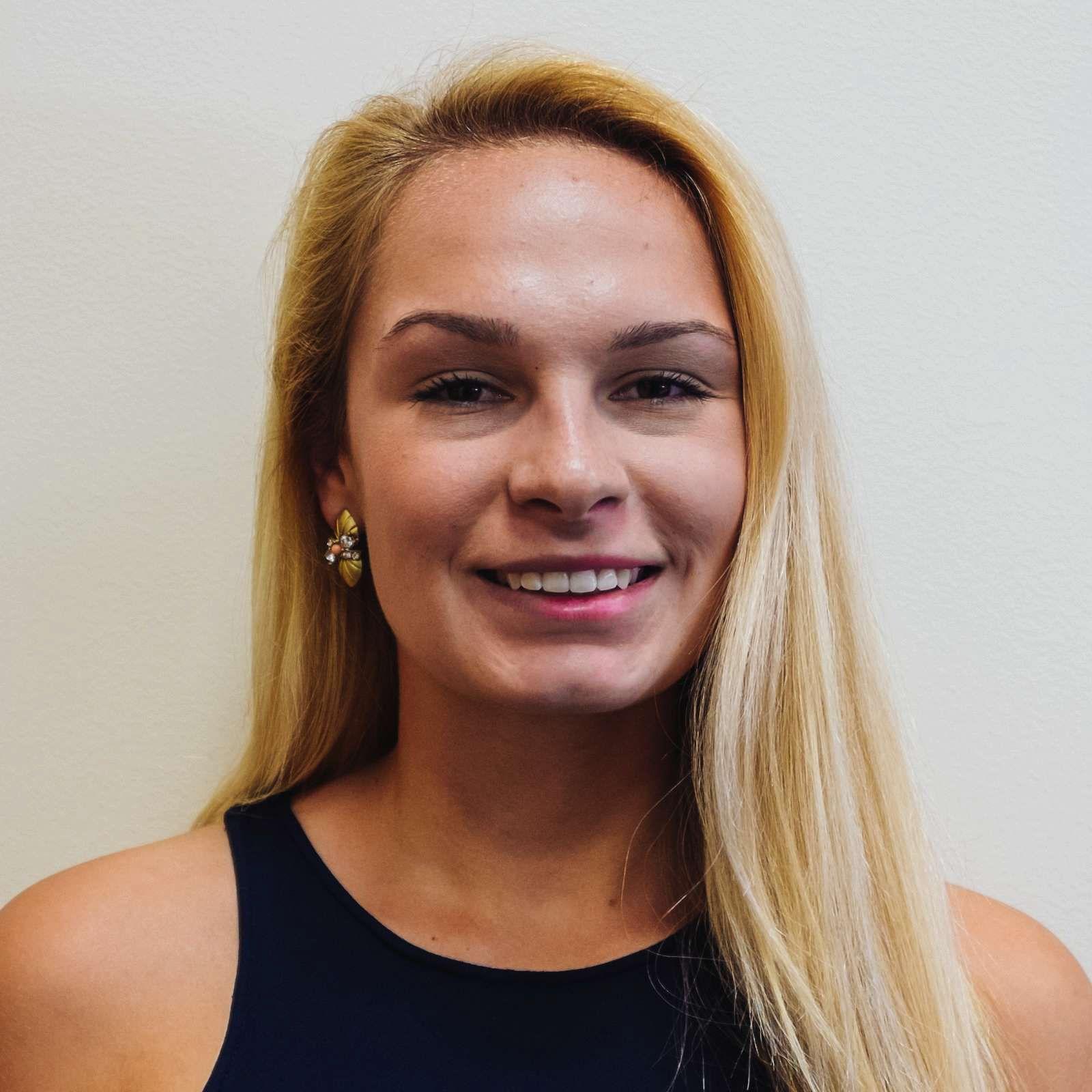I most definitely consider myself a New Englander. I’ve resided in three of the six New England states, two for the vast majority of my life. I attend Boston University, but spend my holidays at my parents’ residences, which sit in the suburbs of New York. In short, I understand brusqueness.
New Englanders have a reputation of being cold. New Yorkers have a reputation of being brash and blunt. After having weathered the veritable ice storm that these characteristics create, I believed I was ready for Scottish temperaments.
So far, I’ve experienced an intriguing mix of extreme welcome and blatant rudeness. Did I deserve both treatments? Perhaps, perhaps not.
The first instance occurred as I was settling into my classes last week. Here at the University of St. Andrews, there is very little “orientation” if you will, which is completely contrary to BU’s philosophy. Furthermore, the students are not blessed with the StudentLink, which I now realize is quite literally divine. Instead, there are scattered portals, platforms and people attending to every random realm you could imagine. Course readers? Those are on the online shop. Syllabus? That’s on Moodle. Or Module Management System. Or maybe both. I’m still unsure.
Either way, it was all incredibly overwhelming, particularly after having adjusted to a foreign country, new classes and an entirely bizarre schedule. I was completely run down, but I needed solutions.
We have wardens who live in our hall, and they serve the role of adviser-meets-counselor-meets parent. In short, they are an amazing resource. I turned to them in the midst of my existential crisis, and the kindness I experienced was astounding. The advice they gave me reminded me that no, I was certainly not alone on this island. But they assisted differently than they would have at home. It wasn’t a pat on the shoulder or interjections of how they thought they could best solve the problem. They actually listened to what I had to say, and then asked how I would like the situation to unfold. This prompted me to take a breath and actually evaluate what was stressing me. This was just so pragmatic and logical.
Many “thank you’s” and a pot of tea later, I was convinced that Scots are simply the best kind of people. This was until I pissed off a man at Tesco.
I purposely have not signed the back of my credit cards because I would like cashiers to ask for some form of identification, particularly while traveling around Europe. Being the financial novice that I am, I felt quite wise doing so, perhaps even worthy of a hair flip. The cashier at Tesco, however, thought very differently and was not afraid to make his opinion known. Tesco is a go-to spot in town, a grocery store with everything one could imagine, at impossibly low prices. Think Star Market, but cheaper and just adjacent to the College of Arts and Sciences.
And so, as I gleefully approached the counter with my cheap wine and crackers, the man examined my card as if I had just murdered his first-born child. It was worth noting that he towered over me in stature, with eyes that looked as if they had never deviated from an angle that glared down his mountainous nose at stupid Americans.
“Well, do you at least have identification?”
I promptly produced not one, but two forms that featured not one, but two, horrendous photos of yours truly. But, either way, they clearly stated my first and last name.
“Yes, and neither forms of identification include signatures?”
His eyes had not deviated even a millimeter. I stared up solemnly, apologizing for what he could only have perceived as an act of insolence. Then I think I sprinted out of Tesco.
If I can glean anything reflective from these experiences, it is that different cultures approach adversity, whether it is small or mighty, in different ways. A meltdown over a class schedule can be remedied by simply taking a deep breath and listening rather than jumping to conclusions prematurely. An ignorant moment is not curtailed over passive aggression but rather direct confrontation. In reality, it is far more logical than a stereotypical American approach, in my opinion.
After seeing different approaches to small moments, which both of mine were, one can only imagine their pragmatic approach to greater decisions.
Being away from the egocentric society that is the United States prompts you to think of the small versus the large. It is very easy to isolate ourselves with the cushion of the Atlantic Ocean when, in fact, we are a key cog in the international community. We should be mindful of just how separate we allow ourselves to remain. And sign your damn credit card if you come to Scotland.
























































































































